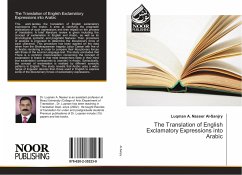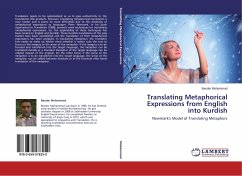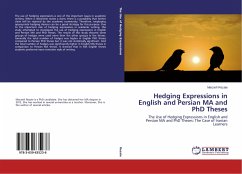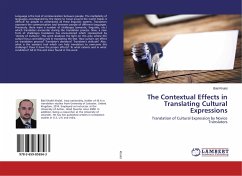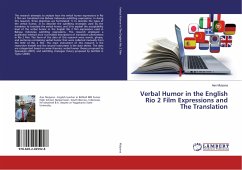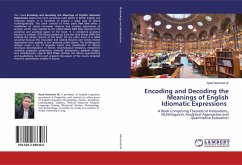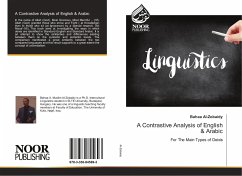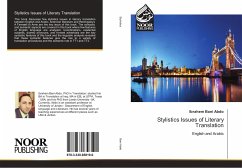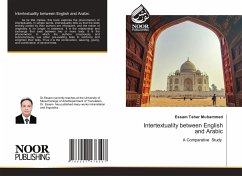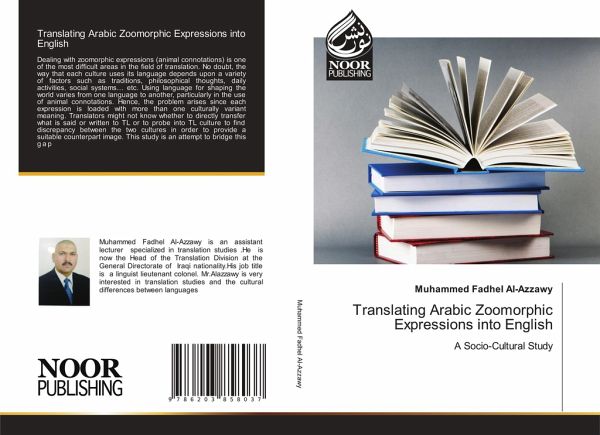
Translating Arabic Zoomorphic Expressions into English
A Socio-Cultural Study
Versandkostenfrei!
Versandfertig in 6-10 Tagen
16,99 €
inkl. MwSt.

PAYBACK Punkte
8 °P sammeln!
Dealing with zoomorphic expressions (animal connotations) is one of the most difficult areas in the field of translation. No doubt, the way that each culture uses its language depends upon a variety of factors such as traditions, philosophical thoughts, daily activities, social systems... etc. Using language for shaping the world varies from one language to another, particularly in the use of animal connotations. Hence, the problem arises since each expression is loaded with more than one culturally variant meaning. Translators might not know whether to directly transfer what is said or writte...
Dealing with zoomorphic expressions (animal connotations) is one of the most difficult areas in the field of translation. No doubt, the way that each culture uses its language depends upon a variety of factors such as traditions, philosophical thoughts, daily activities, social systems... etc. Using language for shaping the world varies from one language to another, particularly in the use of animal connotations. Hence, the problem arises since each expression is loaded with more than one culturally variant meaning. Translators might not know whether to directly transfer what is said or written to TL or to probe into TL culture to find discrepancy between the two cultures in order to provide a suitable counterpart image. This study is an attempt to bridge this gap





